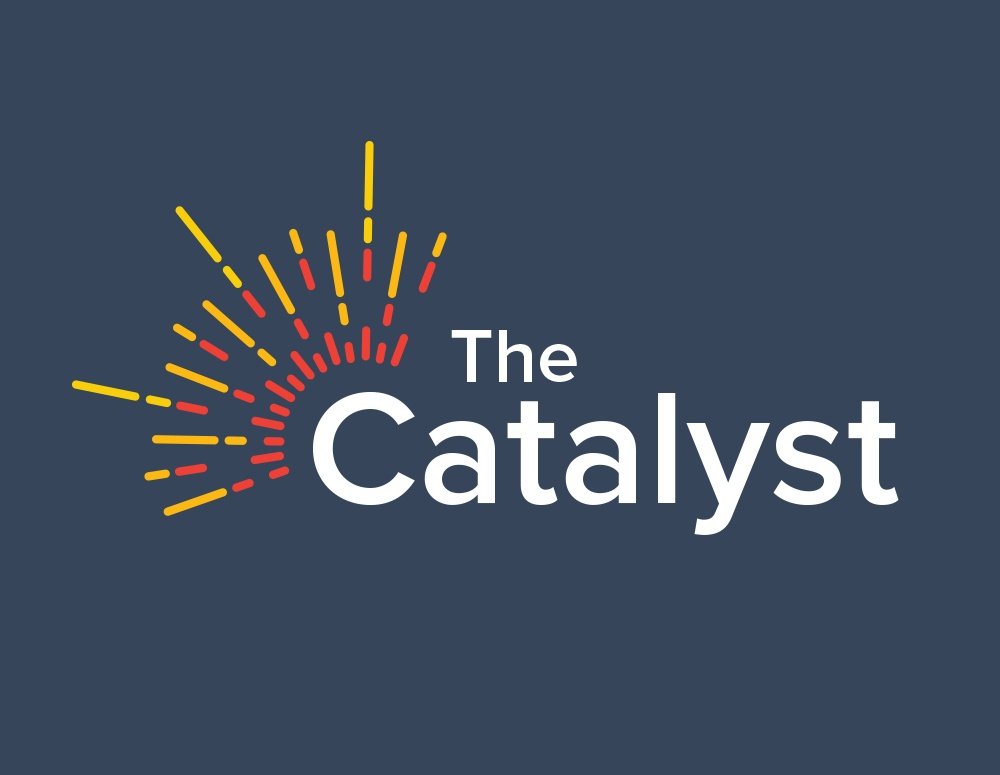
Conversations and healthy debate about issues facing our industry and the health care system are critical to addressing some of today’s challenges and opportunities. The Catalyst welcomes guest contributors, including patients, stakeholders, innovators and others, to share their perspectives and point of view. Views represented here may not be those of PhRMA, though they are no less key to a healthy dialogue on issues in health care today.
In celebration of Clinical Trials Awareness Week, we are pleased to share a blog post that was written by Dr. Tom Marsilje, senior research investigator at Novartis and Stage IV colon cancer patient.
Exciting medical discoveries happen every day, and patients like myself are helping fuel the next era of medicine through participation in clinical trials across the country. As we commemorate Clinical Trial Awareness Week, and the myriad discoveries happening across medicine thanks to intensive research, I wanted to share a bit about my unique experience as both a cancer researcher and cancer patient hoping to embark on the clinical trial process. I am a cancer drug discovery researcher at Novartis. Multiple projects I have been a part of have entered clinical trials; I’m proud to have helped shepherd new treatments from a germ of an idea into an FDA approved medicine for lung cancer patients.
Five years ago, I was diagnosed with stage IV colon cancer at age 40. The researcher became the patient. I’ve been living with cancer and sharing my journey through a blog, “Adventures in Living Terminally Optimistic.” I know first-hand that clinical trials are the means by which we are able to create new treatments and cures. And I’ve been researching to find a clinical trial for myself after years of traditional treatments.
I recently wrote about my experience finding and enrolling in a Phase 1 clinical trial for the Philadelphia Inquirer, where I am a guest columnist. Due to developments in my cancer, I was unable to start this trial, but the core message of my column rings true on the process of trying to find a trial for which you are an eligible patient:
“We’ve all signed contracts — employment agreements, mortgages, marriage certificates. All of these are pivotal moments, each signifying a major turning point in life, each marking a “before and after.” [In February] I signed the ultimate contract — a contract to try to save my life.
I wrote in October about the unexpected chance of an immunotherapy clinical trial opportunity appearing when I least expected it. One, although completely unproven, with potentially curative consequences. I immediately jumped at the chance. I spent the fall in a state of excitement, once again writing in November about the incredible hope that an immunotherapy clinical trial brings to a “currently incurable” Stage IV cancer patient like me.
Of course, even with that uplift, real life continues. Cancer continues. I had a scare, with serious pain and a tough course of radiation to bring the disease back under control, which delayed the trial. I needed to eat my radiation veggies before I could enjoy my immunotherapy dessert.
My trial is a Phase 1 trial, which means that work on this therapeutic approach is just beginning. In a Phase 1 trial, a small number of people get the treatment so that researchers can evaluate its safety and see what the side effects are. I believe I will be the sixth person in the entire world to get this combination of experimental drugs. Most trials fail — I am going into this trial with realistic eyes wide open…”
I was fortunate to have the expertise and tools to discover this trial for myself. Every patient should be armed with the knowledge they need to see if a clinical trial is right for them, and more importantly, how to determine if there is a trial for their specific illness.
That is why I co-founded a website called the Colontown Clinic, an online community of patients and experts who help educate colorectal patients, survivors, and caregivers about new trials and data in development.
Clinical trials are often the last resort for patients although in the age of immunotherapies that is not now always the case. For me and others working in patient advocacy, every week is clinical trial awareness week. You never know when the next research project will be the one that applies to you as a patient. Though I have not yet begun a clinical trial, I remain vigilant and hopeful. I have seen the impact of a clinical trial on countless patients I have worked with in my career; I am excited to be able to speak to the other side of the coin as a patient who can one day be a clinical trial participant, too.




